The concept done by scientists at the University of King Abdullah offer a sustainable and relatively affordable solution for people living in arid areas, unsuitable for traditional farming, according to Seeddaily.
Peng Wang, professor of environmental science and engineering at the King Abdullah University said that "a fraction of the world's population still doesn't have access to clean water or green power, and many of them live in rural areas with arid or semi-arid climate.
Our design makes water out of air using clean energy that would've been wasted and is suitable for decentralized, small-scale farms in remote places like deserts and oceanic islands."
The system is made of a photovoltaic panel that goes over a hydrogel layer, which in turn is placed over a metal box that collects water from the atmosphere.
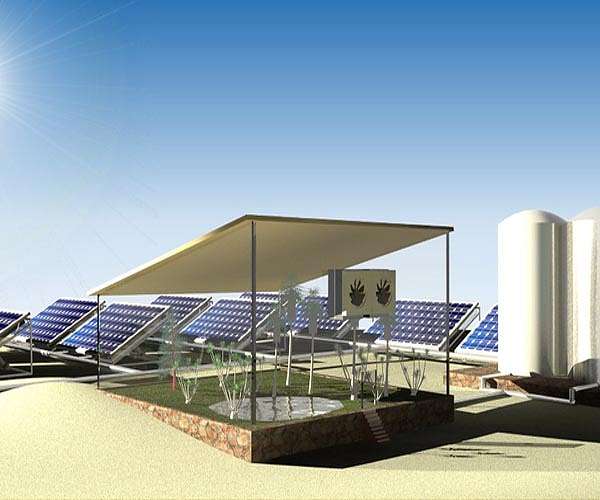
The hydrogel used for this operation was developed by Wang and his team and it can release captured water whenever temperatures rise.
For demonstration purposes, the team planted 60 spinach seeds inside a plastic box that were watered using the water that the WEC2P system was able to capture exclusively.
The experiment was done in June over a period of two weeks and during that time the desk-sized panel was able to produce more than 1,500 watts-hour and 57 of the 60 spinach seeds grew to 18 centimeters.
Professor Wang stated that "our goal is to create an integrated system of clean energy, water, and food production, especially the water-creation part in our design, which sets us apart from current agrophotovoltaics.
Making sure everyone on Earth has access to clean water and affordable clean energy is part of the Sustainable Development Goals set by the United Nations."
"I hope our design can be a decentralized power and water system to light homes and water crops", the teacher concluded.
Photo source: Seeddaily.com
 Mihai - Cristian Ioniță
Mihai - Cristian Ioniță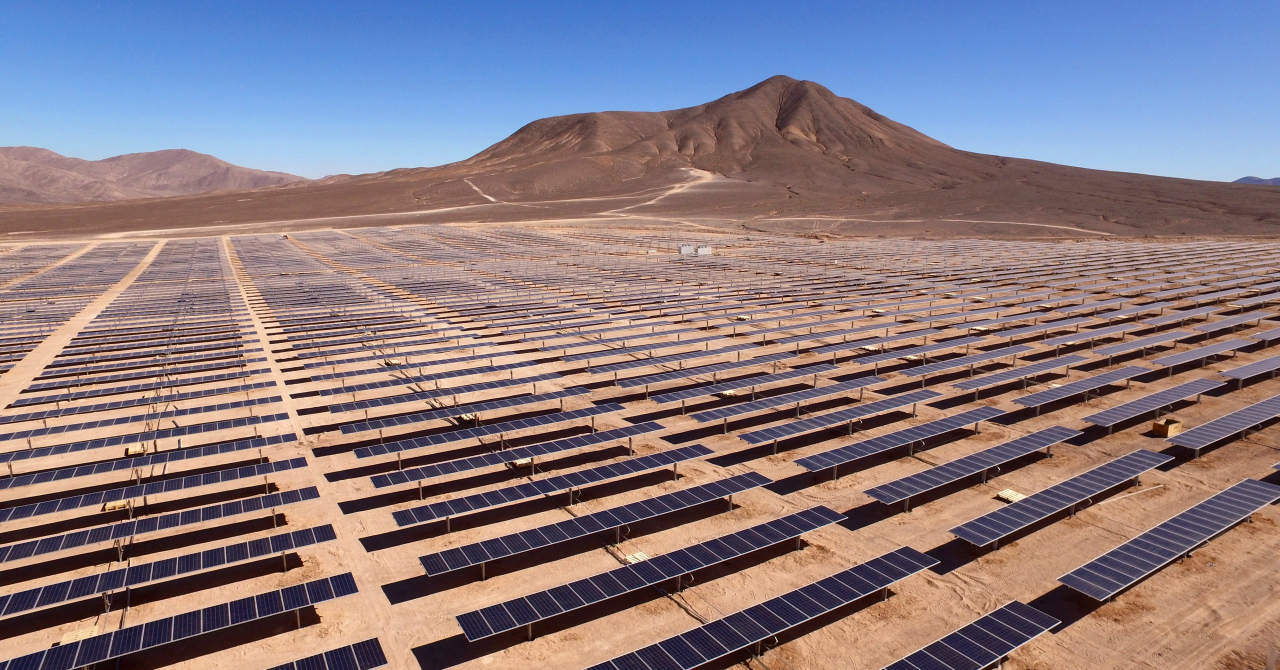

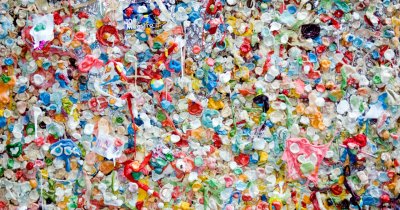
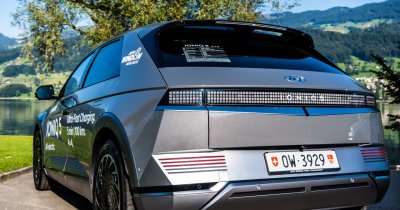
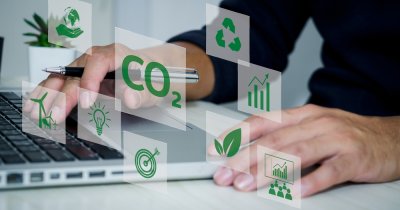


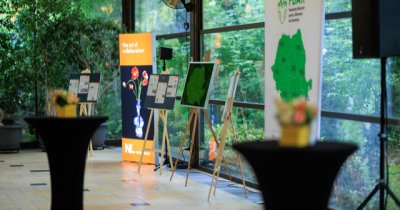





Any thoughts?